Strengthen food recovery programs
Call to Action
UH economists Matthew Loke and PingSun Leung estimated that in the Islands, 365 pounds of food gets thrown out, per person, per year, with a value of $1.025 billion.
Using refrigerated trucks and same-day delivery, the nonprofit Aloha Harvest has rescued over 23 million pounds of food in the past 20 years from every point of the supply chain, reports Phil Acosta, the organization’s executive director.
Aloha Harvest is strengthening the distribution network through expansion of their fleet of refrigerated vehicles, finding volunteers who are willing to use their own vehicles, and expanding their network of food donors and receiving agencies throughout the state.
Public investment in infrastructure that supports food recovery—whether operated by government agencies or the private sector—will make a significant, positive environmental and economic impact in the community.
Also, Acosta notes, “government entities such as DOE, public safety, the UH system, and the military should be required to recycle food waste.” More promotion of the federal Bill Emerson Good Samaritan Food Donation Act and the State Good Samaritan Donation of Food Act, which provide liability protection for food donors, would also help, he says.




